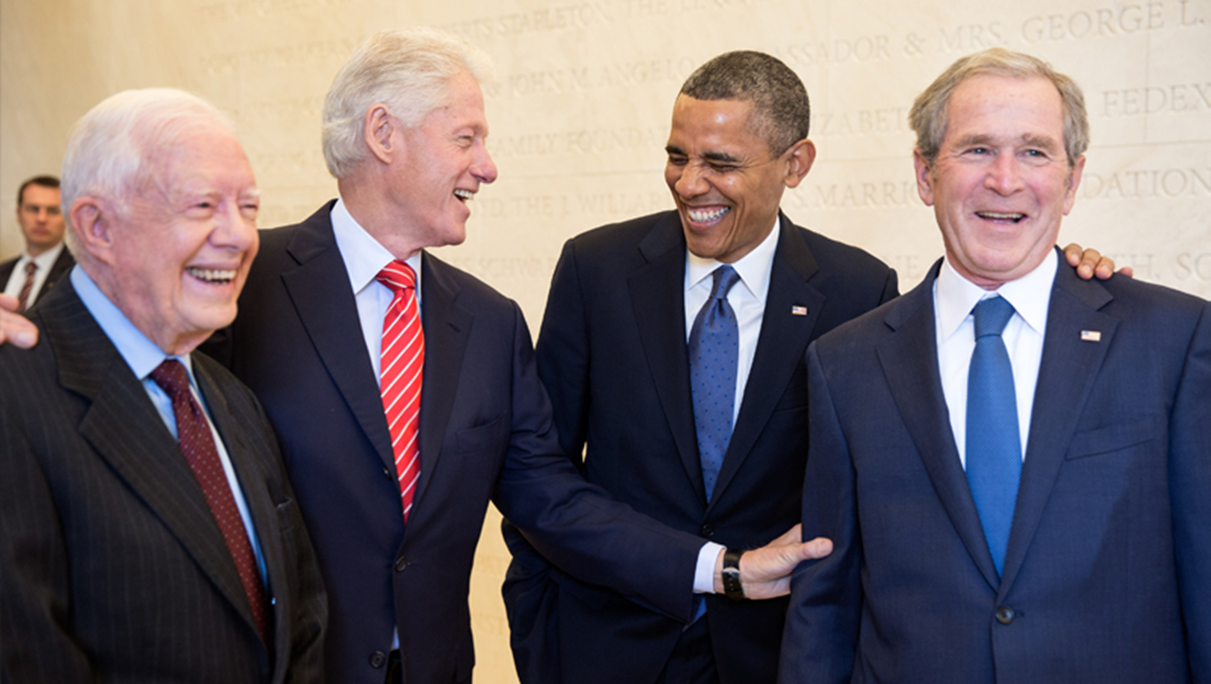In the fervor of election season, political candidates often paint vivid pictures of transformative change, promising everything from economic overhauls to sweeping social reforms. However, a closer look at the track record of these campaign pledges reveals a stark reality: many of these promises remain unfulfilled long after the ballots are counted. A new analysis suggests that voters would be wise to approach these commitments with measured skepticism.
The Campaign-Governance Divide
At the heart of this issue lies a fundamental disconnect between campaigning and governing. While the campaign trail allows for bold, idealistic visions, the actual process of governance is mired in complex systems and competing interests that often impede the realization of these lofty goals.
Take, for instance, former President Barack Obama’s 2008 pledge to close the Guantánamo Bay detention camp. Despite issuing executive orders, Obama faced insurmountable obstacles in Congress and the courts, leaving the facility operational to this day. Similarly, President Donald Trump’s iconic 2016 promise to build a border wall funded by Mexico encountered significant legal and logistical hurdles, resulting in only partial construction and no Mexican funding.
Gridlock: The Legislative Roadblock
Political gridlock, especially in an era of heightened polarization, presents another formidable challenge to campaign promises. The U.S. system of checks and balances, while crucial for preventing power concentration, often leads to legislative stalemates.
President Obama’s failure to pass comprehensive immigration reform and the Republicans’ inability to repeal the Affordable Care Act in 2017, despite controlling both chambers of Congress, serve as prime examples of how political division can thwart major campaign commitments.
The Influence of Special Interests
The power of lobbying groups and special interests cannot be underestimated in understanding why campaign promises often go unfulfilled. These entities wield significant influence in shaping legislation, often at the expense of campaign pledges.
President Joe Biden’s climate action plans, for instance, have faced considerable pushback from fossil fuel lobbyists, resulting in scaled-back legislation. Similarly, despite widespread support for lowering prescription drug prices, the pharmaceutical industry’s lobbying efforts have consistently impeded meaningful reform in this area.
Economic Realities and Fiscal Constraints
Even when political will exists, economic realities often stand in the way of implementing ambitious campaign promises. Proposals like Senator Bernie Sanders’ Medicare for All and free college tuition, while popular among progressive voters, face significant challenges due to their astronomical costs and the political difficulty of raising taxes or reallocating federal resources on such a massive scale.
The Perils of Over-Promising
Politicians often make grandiose promises because they resonate with voters. However, these pledges frequently fail to account for the complex realities of governance. President Biden’s student loan forgiveness plan and President Trump’s promise to revive American manufacturing are recent examples of how campaign rhetoric can outpace achievable outcomes.
A Call for Informed Citizenship
As voters navigate the political landscape, understanding these dynamics is crucial. Rather than placing blind faith in campaign promises, citizens should focus on holding politicians accountable for realistic achievements and pushing for systemic reforms that can facilitate meaningful change.
By tempering expectations and staying informed, voters can engage with the political process in a way that is both pragmatic and constructive, fostering a healthier democratic discourse and more effective governance.

